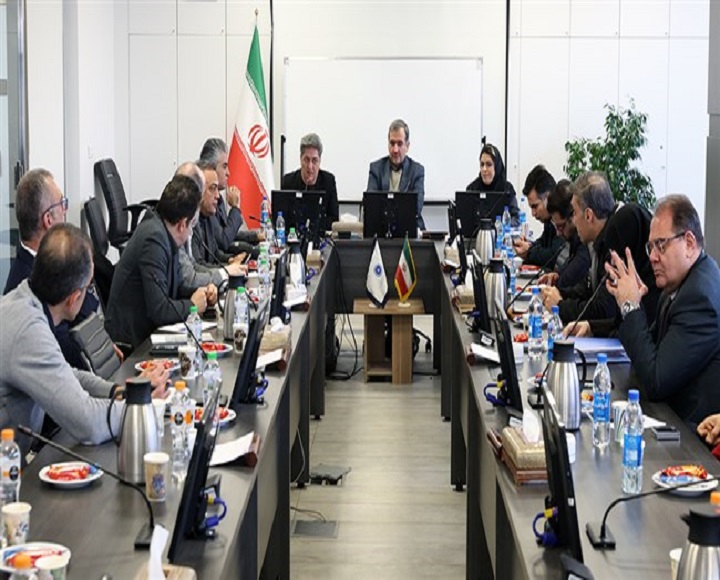Review of Legal Issues and Implications of the Directive on Increasing Electricity Tariffs for Industries
Satsa News & EventsReview of Legal Issues and Implications of the Directive on Increasing Electricity Tariffs for Industries
- Published: 2024-12-25
- Updated: 2024-12-25
- Read Time: 10 Minutes
- Comments
- 4.5/5
- visits: 569
Abstract:
Investigating legal issues and consequences of the notification of the increase in electricity prices for industries
Category:

Review of Legal Issues and Implications of the Directive on Increasing Electricity Tariffs for Industries
Recent Discussions
A recent meeting of the Business Support Committee Working Group, attended by representatives of various associations, focused on the legal and practical aspects of the Ministry of Energy’s recent directive to increase electricity tariffs for industries. This directive, issued to offset part of the costs in the electricity sector, has faced significant criticism, particularly from private sector representatives and industrialists.
Key Points Raised
Representative of Tavanir
Stated that the directive was formulated based on legal formulas and that transit and transmission costs form part of the actual electricity rate. They clarified that the back payments outlined in the directive are not merely differences in tariffs but include accumulated costs that must be settled.
Representative of the Ministry of Industry, Mines, and Trade
Criticized the directive, describing it as an additional burden on industries. They argued that the decision is not only legally questionable but also risks exacerbating the financial crises faced by manufacturers in the current economic climate
Private Sector Representatives
Asserted that the directive contradicts the spirit of laws designed to support production. They warned that implementing this policy would significantly increase production costs, further straining the economic situation
Legal Issues Highlighted
Retroactive Enforcement
The directive, issued in October, unlawfully mandates enforcement starting from May of the same year, imposing retrospective costs on industries. This violates principles of transparency and legal predictability
Contradiction with Article 3 of the Electricity Industry Facilitation Law
According to this article, determining industrial electricity tariffs requires consideration of factors such as Energy Conversion Agreements (ECA), fuel costs for power plants, and electricity transmission costs. Moreover, decisions in this regard must involve consultation with the Chamber of Commerce and private sector representatives, which reportedly did not occur.
Non-compliance with Articles 24 and 30 of the Law on Continuous Improvement of the Business Environment
These articles mandate consultation with the private sector for decisions directly affecting the business environment. The Ministry of Energy’s lack of such consultation constitutes a direct violation of these legal requirements
<hr style="text-align: left;">Proposed Actions
Request for Annulment of the Directive
The Business Support Committee Secretariat decided to present the case for halting and annulling the directive to the primary session of the Government-Private Sector Dialogue Council, citing the legal shortcomings
Demand for Legal Documentation
The Ministry of Energy and Tavanir were asked to provide the legal foundations and calculations underlying the tariff determination process
Call for Independent Regulation
Members emphasized the need for an independent regulatory body in the electricity sector to ensure transparency in processes and prevent sudden decisions that unduly pressure industries

Category
Satsa News & Events
(20)Satsa Announcements
(12)News & Events
(693)Articles & Reports
(11)
×
‹
›
 Persian
Persian English
English